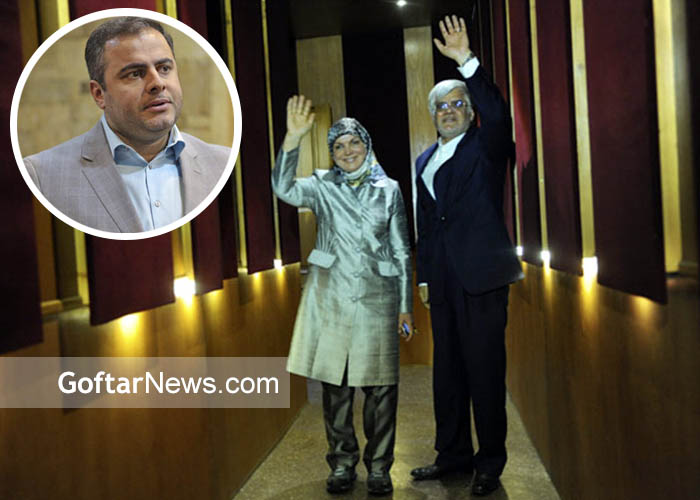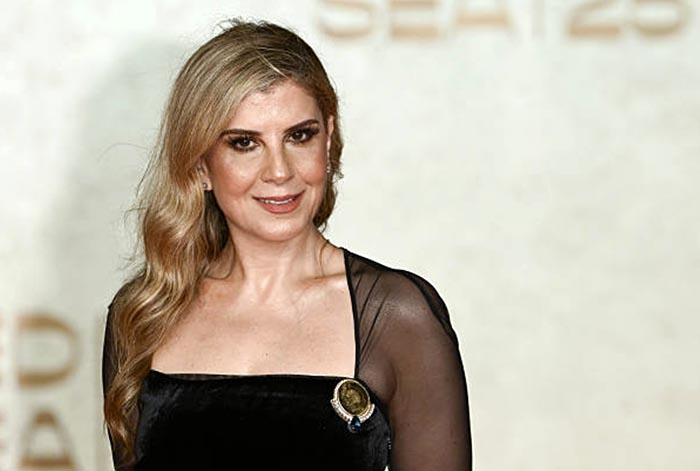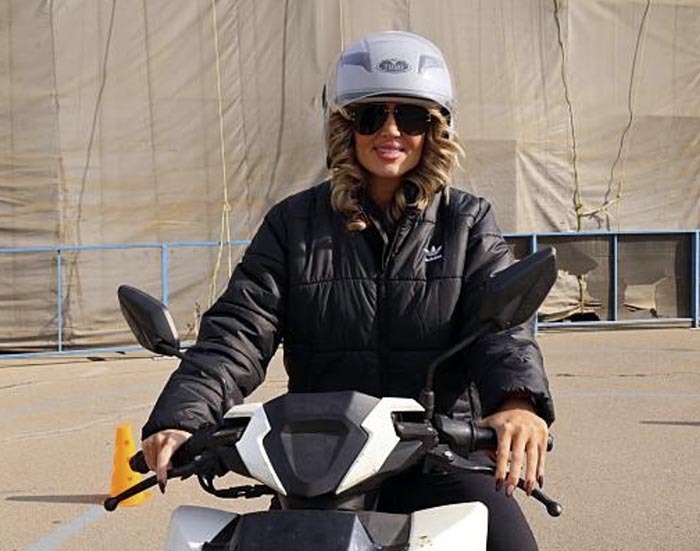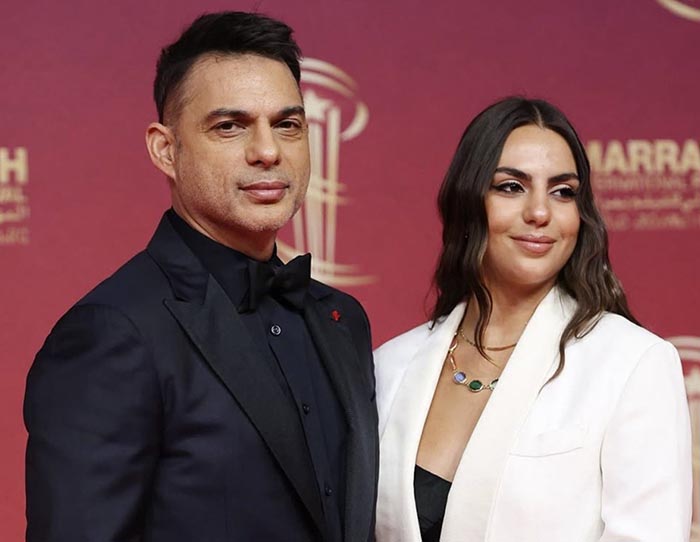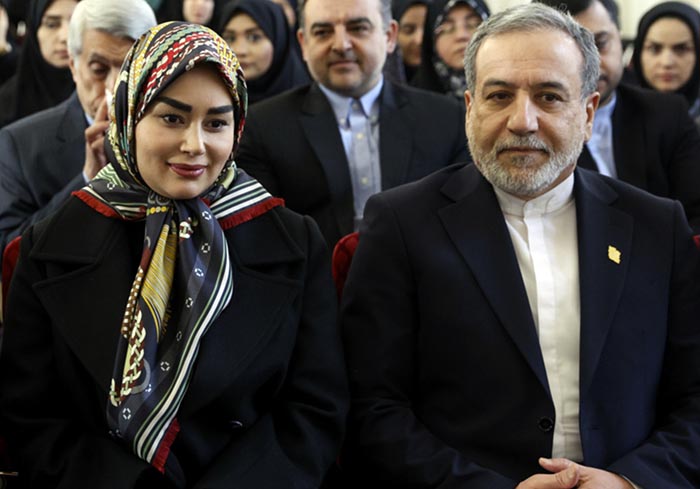Historic Appointment: Mohammad Reza Aref Named First Deputy of Iran’s 14th Government
Promoting Civil Liberties and Democratic Reforms
In addition to economic reforms, Aref’s leadership is likely to focus on enhancing civil liberties and democratic governance. His tenure as Khatami’s first deputy was marked by efforts to expand political freedoms and improve human rights. As the first deputy of the 14th government, Aref is expected to continue advocating for greater political participation, freedom of expression, and the rule of law.
Aref’s moderate approach, balancing reformist ideals with pragmatic solutions, positions him as a unifying figure capable of bridging political divides. His ability to manage conflicts and foster dialogue among diverse stakeholders will be crucial in advancing democratic reforms and ensuring social stability. Aref’s leadership is anticipated to create a more inclusive and participatory political environment, empowering citizens to actively engage in the decision-making process.
Strengthening International Relations
Aref’s extensive academic and professional background in international relations provides him with a solid foundation to navigate Iran’s foreign policy challenges. His appointment is expected to bring a more nuanced and strategic approach to Iran’s interactions with the global community. Aref’s focus on diplomacy, dialogue, and constructive engagement aims to improve Iran’s international standing and foster mutually beneficial relationships.
Aref’s vision includes addressing regional conflicts, promoting peace, and enhancing cooperation with neighboring countries. By fostering a more collaborative and cooperative foreign policy, Aref seeks to create a stable and secure environment conducive to economic growth and development. His leadership is anticipated to strengthen Iran’s role as a key player in regional and global affairs, contributing to stability and prosperity in the Middle East.
Strengthening National Security
National security remains a paramount concern for any government, and Aref’s tenure is likely to address this issue comprehensively. His approach to national security involves a combination of diplomatic efforts, regional cooperation, and the strengthening of Iran’s defense capabilities. By fostering stability and security, Aref aims to create a safe environment that supports economic growth and social development.
Aref’s policies will likely emphasize the importance of regional partnerships and constructive dialogue to address security challenges. By working collaboratively with neighboring countries and international partners, Aref seeks to promote peace and stability in the region. Additionally, investing in advanced defense technologies and strengthening the capabilities of Iran’s armed forces are expected to be key components of his national security strategy.
Fostering Cultural and Artistic Growth
Aref’s vision for Iran’s future also includes fostering cultural and artistic growth. Recognizing the importance of culture and arts in shaping national identity and promoting social cohesion, Aref is likely to support initiatives that encourage artistic expression and cultural preservation. His policies will aim to create an environment where artists, writers, and cultural practitioners can thrive and contribute to the nation’s cultural heritage.
